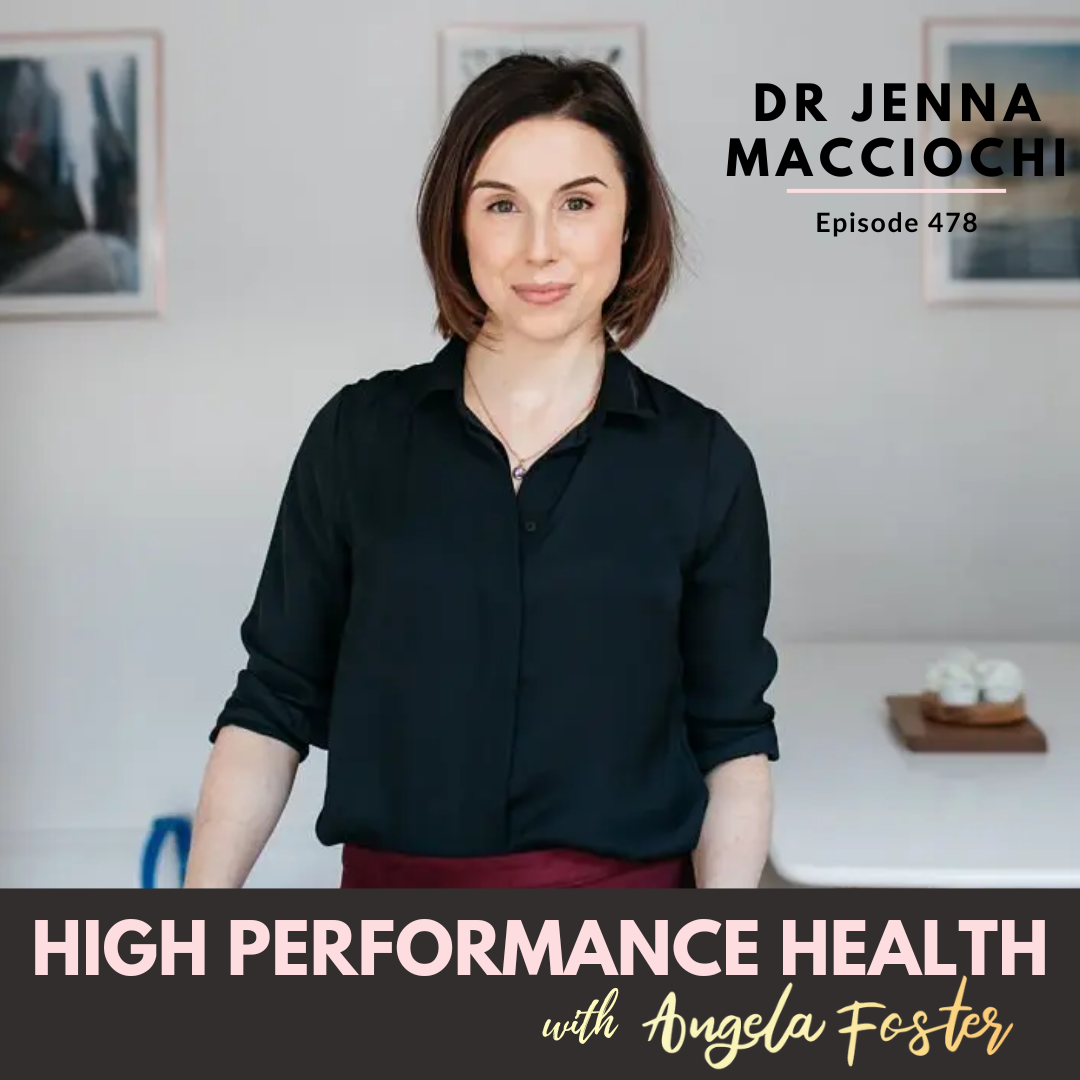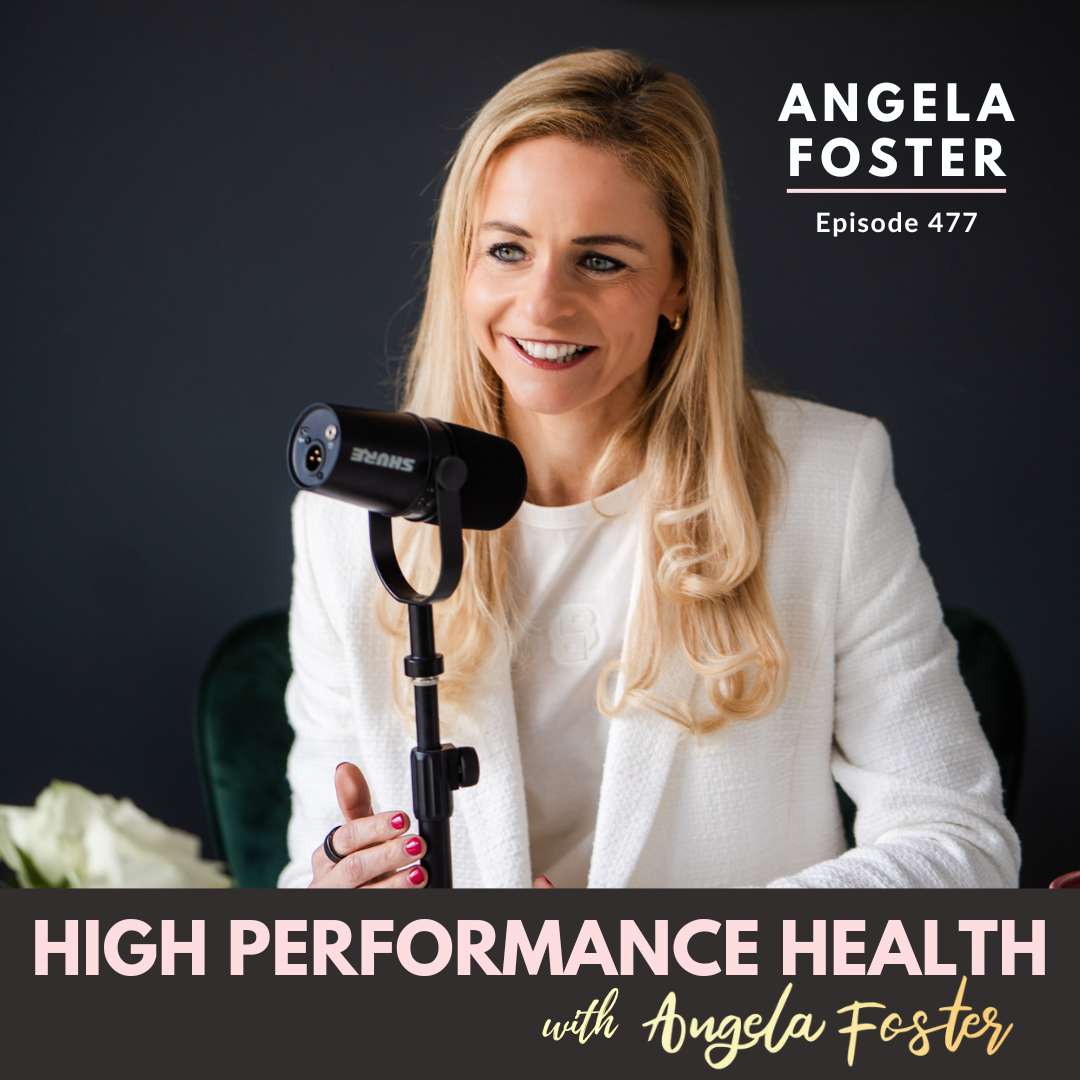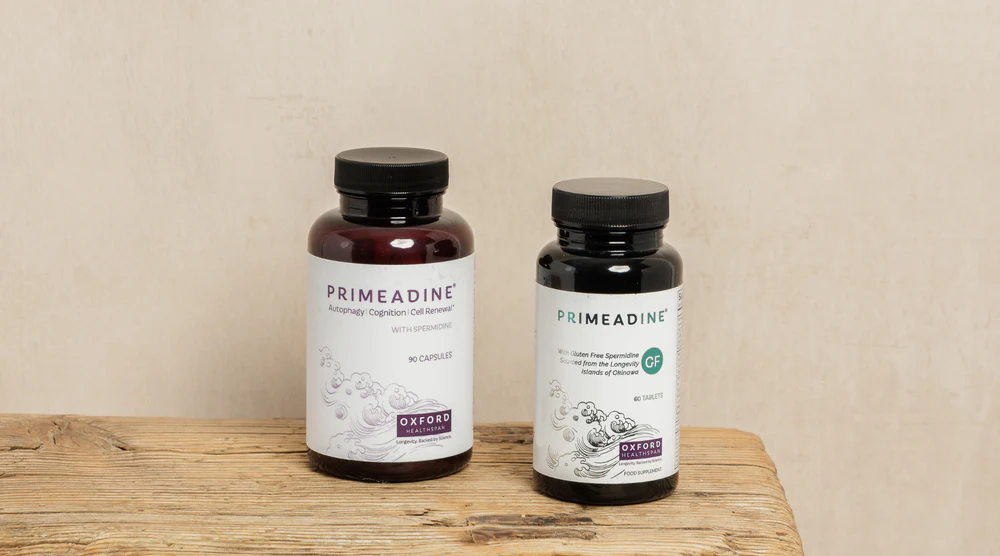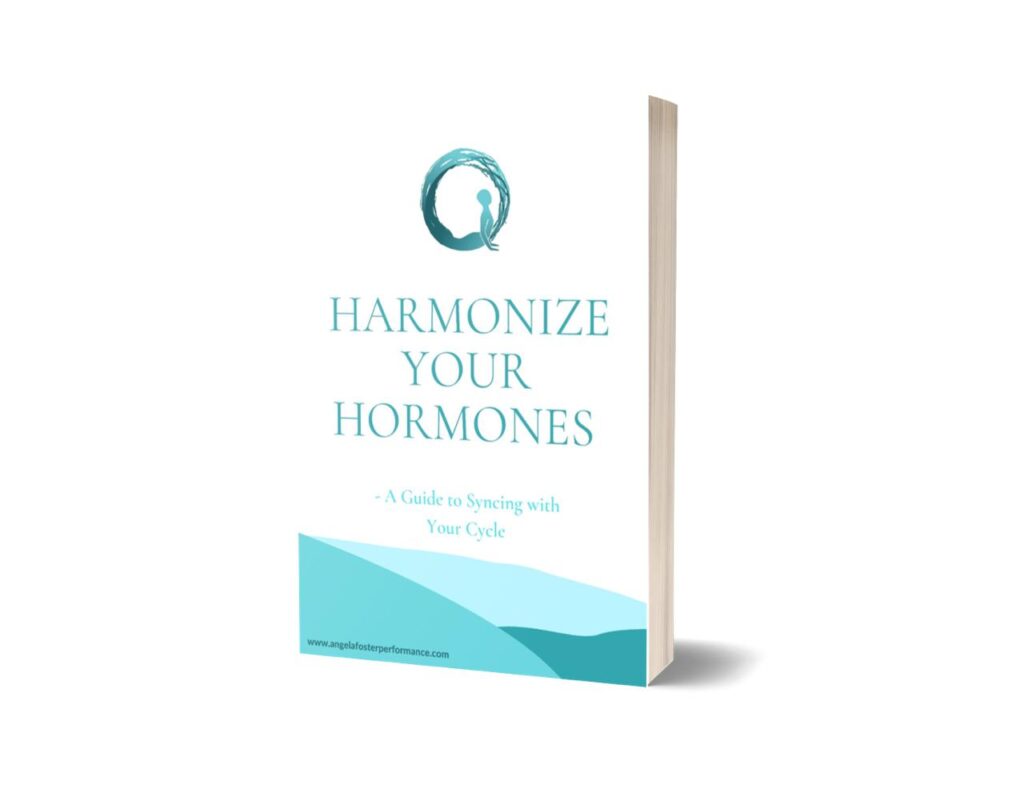How to Harness Your Hormones to Improve Your Performance in Work and Life
Many women spend their 30s, 40s, and 50s racking their brains trying to determine where their health issues started.
If you fall into this category, you might wonder: Why am I suffering from crippling anxiety? Why can’t I sleep through the night? Why does the weight keep piling on no matter what I do? Why am I so tired and bloated all the time?
The truth is that it wasn’t until recently that research began to solely focus on women’s health and hormones. Up until this time, men and women’s health studies were grouped together. This meant that there was little-to-no focus on the variances that occurred in women’s bodies due to their monthly cycles.
For the most part, this left many women in the dark regarding their health issues and how to fix them. Many of us resolved that PMS, perimenopausal symptoms, and more were just how the world worked.
But I’m here to tell you differently.
While these issues are common, they shouldn’t necessarily be labelled as “normal.” And there are many ways you can take back control of your health and hormones, guiding you toward improved performance, a better quality of life, and increased longevity.
Diving Beneath the Surface
Perimenopause actually tends to exacerbate symptoms that were already present. For instance, if you’ve struggled with PMS and other cycle issues throughout your life, you’re more likely to experience perimenopausal symptoms.
And you aren’t alone. One study even suggested the prevalence of menopausal symptoms to be around 87% for women 40 to 60 years old.
So, why is this happening?
During this time, your brain is going through a big recalibration. If you already have imbalanced hormones, this is, inevitably, going to impact a variety of aspects in your life, such as your mood, sleep, and weight.
While pain associated with menstruation is often seen as a hassle, what we should be doing is using these symptoms as a window into our health.
Yet, before I offer tips on how to do this, I want to dive into how these hormones are interacting with one another.
Chronic Stress and Your Sex Hormones
Stress is a common problem in today’s society. And it comes in all shapes and forms, including exercise, restrictive dieting, work, family, and more.
Thousands of years ago, the stress response was something that happened every few weeks when humans faced an immediate threat, such as a bear or tiger. Yet, in the modern world, we face it every day.
We stress about what others might think of us. We stress about getting all of our work completed. We stress about family obligations, finances, and more.
When you’re stressed, the body releases adrenaline and cortisol. These hormones are dumped into the bloodstream, causing your heart rate to spike and your breathing to quicken. Thousands of years ago, this was really useful since it enabled you to run away from a threat to your survival.
Today, though, these hormones are chronically elevated.
With elevated adrenaline, the body switches to using primarily glucose for energy rather than a combination of fat and glucose.
With elevated cortisol, the body goes into a catabolic state. This means when access to glucose is low, your body uses precious muscle and gland tissue for fuel. In turn, this slows down metabolic function.
On top of this, many women aren’t producing progesterone or enough progesterone, a hormone that calms the body and has many anti-stress properties. This hormone is mostly produced by the corpus luteum after ovulation (with the adrenal glands picking up the remainder). Stress can significantly impact this.
And this only snowballs any pre-existing issues, catapulting the body into ongoing dysfunction and stress.
For example, high cortisol leaves you prone to insulin resistance, which is why many women struggle with their weight and energy levels. Additionally, high estrogen can create menstrual irregularities, cramps, and other symptoms associated with PMS and perimenopause.
However, there are things you can do about it. Understanding your bio-individuality, genetics, and hormones can help you determine the right diet and lifestyle for you. For instance, some women have increased magnesium needs, and some women are more sensitive to carbs than others.
Going against what your body is predisposition to can exacerbate menopausal symptoms and hormonal imbalances. Yet, working with your body can lead to a productive, high-performing, and fulfilling life.

Getting Started…
So, what can you do to gain back control of your life and optimise your longevity, health, and performance? Here are a few tips:
TIP 1: Focus on YOU.
Don’t worry about what other women are doing. Instead, bring your attention toward your own genetics, your own stress levels, and your own symptoms. I recommend that all of my clients complete a DNA test so that we can truly determine the best way to help them and work with their body and their genes, as opposed to against it.

TIP 2: Track Your Menstrual Cycle & How You’re Feeling.
The very first thing you should start doing is journaling. How do you feel at certain times of the month? What symptoms do you have? How are your energy levels? How do certain foods make you feel? How are you managing your blood sugar?
If you want to dive in even deeper, a continuous blood glucose monitor can help you figure out what is going on beneath the surface even further.

TIP 3: Understand That There is NO Perfect Diet.
There is only the perfect diet for YOU. And this means whatever diet works to help enhance your brain function, makes you feel good, and keeps you healthy is the perfect diet, no matter what the latest superfood is.
If you want to learn more about how you can work with harmonize your hormones and align with inner power as a women and your menstrual cycle, click the link below to download my FREE Guide to Harmonising Your Hormones.
Share Article
Subscribe to receive the latest health tips
Get my latest health, fitness, biohacking, anti-aging tips, and podcast episodes delivered straight to your inbox.
Recent Podcasts

EP 478 – Immune to Age: The Real Secret to Longevity Isn’t What You Think – with Dr Jenna Macciochi
In this bite-sized but powerful episode of High Performance Health, I sit down with the incredible Julie Gibson Clark—named one of the slowest-aging women alive—to talk about tuning into your body, spotting subtle hormone imbalances, and how a fibroid diagnosis challenged everything she thought she knew about her health.

EP 477 – Bitesize: Biohacking News: The Viral Honey Diet, CGMs, Marshmallows & Parenting – Angela’s Conversation with Tony Wrighton
In this bite-sized but powerful episode of High Performance Health, I sit down with the incredible Julie Gibson Clark—named one of the slowest-aging women alive—to talk about tuning into your body, spotting subtle hormone imbalances, and how a fibroid diagnosis challenged everything she thought she knew about her health.

EP 476 – The Missing Link in Longevity: Identity, Recovery & High Performance with Tony Wrighton
In this bite-sized but powerful episode of High Performance Health, I sit down with the incredible Julie Gibson Clark—named one of the slowest-aging women alive—to talk about tuning into your body, spotting subtle hormone imbalances, and how a fibroid diagnosis challenged everything she thought she knew about her health.

EP 475 – Bitesize: Perimenopause – Why Your Workouts Aren’t Working And What to Do About It | Stephanie Estima
In this bite-sized but powerful episode of High Performance Health, I sit down with the incredible Julie Gibson Clark—named one of the slowest-aging women alive—to talk about tuning into your body, spotting subtle hormone imbalances, and how a fibroid diagnosis challenged everything she thought she knew about her health.





















